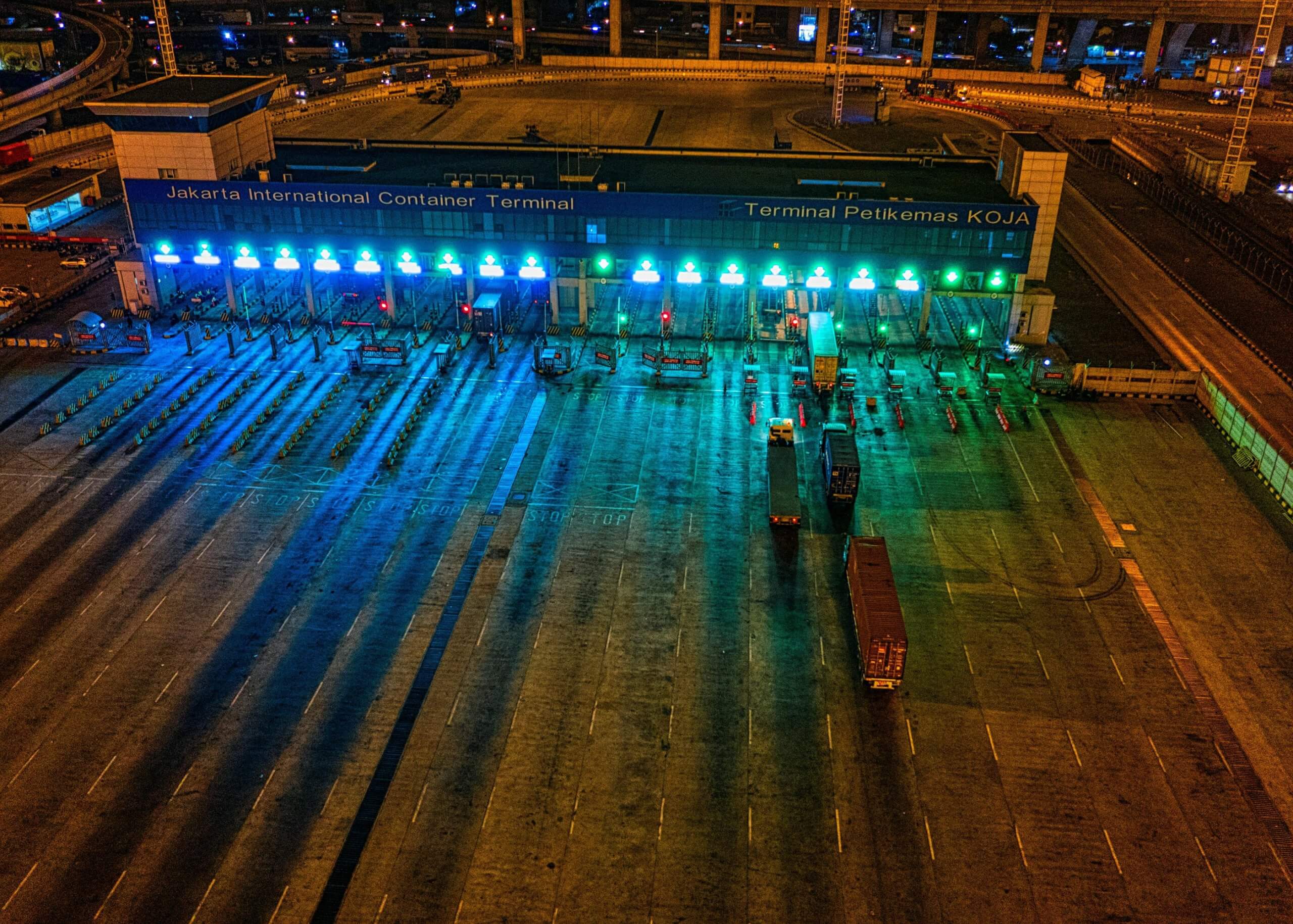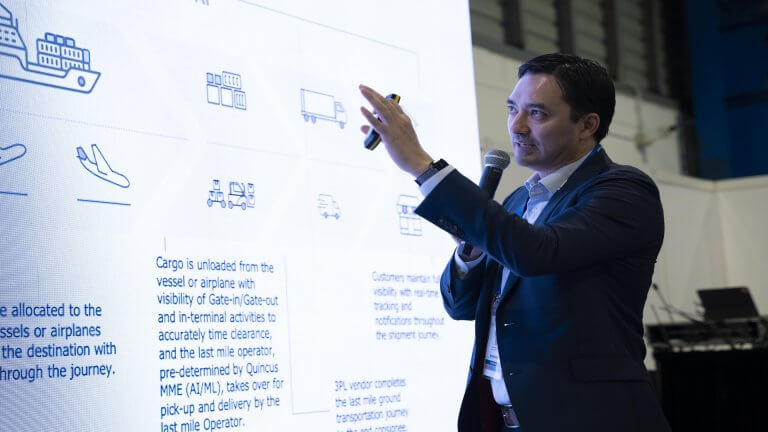
The Impact of Regulatory Compliance on the Logistics Industry
Explore the transformative impact of regulatory compliance in logistics, from data privacy to environmental sustainability. Discover how Quincus' innovative solutions streamline processes and reduce non-compliance risks.
Within the logistics sector, where efficiency and precision are crucial, the profound impact of regulatory compliance cannot be overstated. Regulatory frameworks are significant in shaping operational standards, ensuring transparency, and fostering a secure and reliable global supply chain.
In recent years, regulations have evolved, driven by technological advancements, heightened security concerns, and an increased focus on sustainability. Logistics providers adapt to diverse compliance standards, including:
Data Privacy and Security
In this data-centric era, logistics companies proactively enhance their processes and educate staff to adhere to stringent data privacy regulations —a non-negotiable aspect of their operations. They achieve this by:
- Raising awareness about properly handling sensitive information and industry-specific data privacy regulations.
- Automating processes to minimize manual handling of sensitive information.
Recognizing the imperative nature of compliance, logistics companies handle vast amounts of sensitive information, from shipment details to customer data. Regulatory frameworks such as the General Data Protection Regulation (GDPR) in Europe or the California Consumer Privacy Act (CCPA) in the United States necessitate robust data protection measures. Failure to comply poses legal risks and jeopardizes customer trust and brand reputation.
Operational Efficiency and Customs Compliance
The efficiency of international logistics relies on adherence to customs regulations. For seamless cross-border operations, logistics companies need to navigate complex customs procedures and stay updated on changes in regulations, tariff codes, and trade agreements. Automation through technology-driven solutions for customs documentation processes is becoming increasingly essential to ensure efficient and compliant freight forwarding. This has influenced technological advancements in the logistics industry, such as the widespread implementation of advanced tracking systems, leveraging real-time data to enhance visibility throughout the supply chain. Additionally, predictive algorithms have become instrumental, aiding in forecasting and optimizing logistics processes.
Environmental Sustainability Regulations
As the world grapples with environmental challenges, logistics providers are adapting to new regulations promoting sustainability. These include emission standards, fuel efficiency requirements, and eco-friendly packaging guidelines. By following these regulations, logistics companies contribute to global sustainability goals and appeal to environmentally conscious customers and partners. This commitment is particularly important in line with the 28th United Nations Climate Change Conference of the Parties (COP28) goals to reduce carbon emissions in the industry. It is demonstrated through comprehensive initiatives such as:
- Investing in energy-efficient vehicles.
- Optimizing transportation routes.
- Adherence to eco-friendly packaging guidelines.
“Regulatory compliance is the heartbeat of logistics, and at Quincus, we synchronize it to create a rhythm of reliability in the supply chain.”
Enabling Seamless Compliance in Logistics with Quincus
As a leader in innovative logistics solutions, Quincus recognizes the critical role of compliance. Our suite of compliance-enabling tools caters to the intricate web of regulations governing logistics. Our advanced platform, equipped with AI and automation, streamlines compliance processes, reducing non-compliance risk and positioning logistics providers for long-term success.
From real-time monitoring to automated manifest systems and custom declarations, our solutions ensure adherence to evolving regulations. Partner with Quincus for innovative logistics solutions and turn compliance into a strategic advantage. Here are some ways Quincus has specifically helped logistics providers overcome compliance challenges:
Data Privacy and Security: Quincus safeguards Personally Identifiable Information (PII) by concealing sender and consignee details, including names, addresses, contact numbers, emails, and precise shipment locations, from public visibility during tracking. This privacy measure aligns with data privacy standards, ensuring secure handling and limiting access to intended recipients only.
Operational Efficiency and Customs Compliance: Quincus enhances operational efficiency by integrating the tariff codes, HS codes, and documentation for custom purposes within our platform to help streamline customs processes.
Environmental Sustainability: Quincus supports logistics providers in tracking and calculating carbon emissions, facilitating compliance with emission standards, aligning deliveries with eco-friendly routes, and providing live updates of the various modes of shipment transportation to encourage sustainable decisions. These environmental sustainability features align with industry regulations and promote a commitment to reducing the carbon footprint.
Request a demo with us to find out more.
Subscribe to keep up with our latest news









